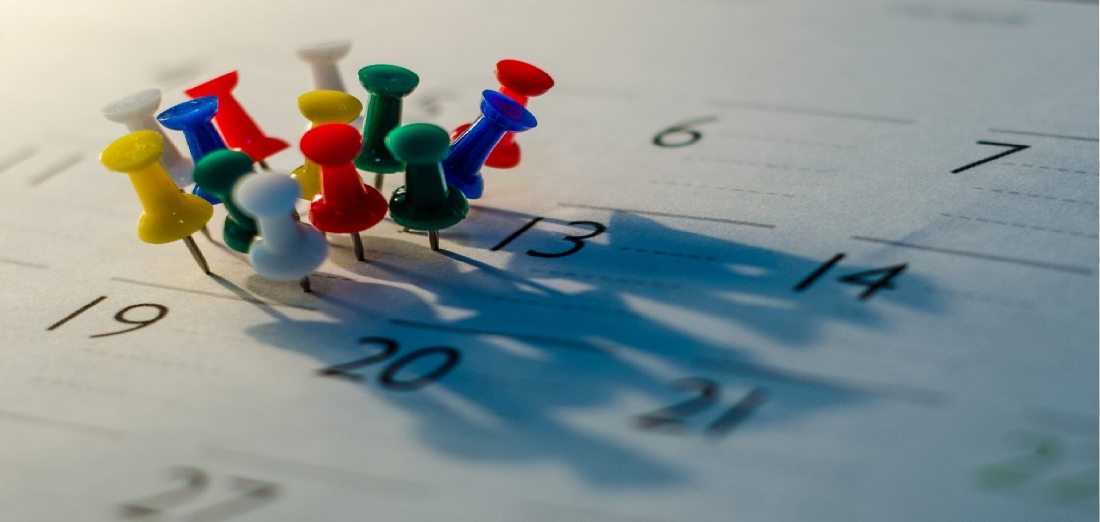Healthy Love Vs. Unhealthy Love

Healthy love is characterized by several key aspects that contribute to a positive and nurturing relationship. It is important to note that healthy love can manifest in various forms, including romantic relationships, friendships, and family connections. Here are some fundamental elements of healthy love:
Respect :
Healthy love involves a deep and genuine respect for the other person. This includes respecting their boundaries, opinions, and individuality. In a healthy relationship, both parties feel valued and appreciated for who they are.
Communication :
Open and honest communication is crucial in healthy love. It involves expressing thoughts and feelings without fear of judgment, actively listening, and working together to resolve conflicts. Effective communication fosters understanding and connection.
Trust :Trust is the foundation of any healthy relationship. It develops through consistent honesty, reliability, and dependability. Both partners should feel confident in each other’s intentions and actions.
Empathy :Healthy love involves the ability to understand and share in the emotions of the other person. Empathy fosters emotional connection, and it’s a key component in providing support during challenging times.
Support :
Partners in a healthy relationship support each other’s goals, dreams, and personal growth. This support is not only present during the good times but is especially important during challenges and setbacks.
Equality :
Healthy love thrives on equality, where both individuals contribute to the relationship and have their needs and desires acknowledged and respected. Power imbalances and control issues are not present in a healthy relationship.
Individuality :
Each person in a healthy relationship maintains their own identity and independence. While the relationship is a significant part of their lives, both individuals have their own interests, friendships, and personal space.
Security :
Healthy love provides a sense of emotional and physical security. Individuals feel safe to express themselves and be vulnerable without fear of judgment or harm.
Growth :
Healthy love encourages personal and mutual growth. Partners support each other in evolving as individuals and growing together as a couple. This involves adapting to life changes and challenges.
Unconditional Positive Regard :
Healthy love involves accepting each other for who you are, flaws and all. It’s about appreciating the uniqueness of the other person without trying to change them.
Experiencing a lack of love and appreciation in childhood can indeed impact one’s understanding of healthy love and subsequently affect the relationships in adulthood. Therapy and self-reflection can be valuable tools in navigating and overcoming these challenges, helping individuals develop healthier relationship patterns.
Characteristics of Unhealthy Love
Unhealthy love can manifest in various ways, and it often involves patterns of behavior that are detrimental to the well-being of individuals involved in the relationship. Here are some characteristics of unhealthy love:
Unhealthy love can manifest in various ways, and it often involves patterns of behavior that are detrimental to the well-being of individuals involved in the relationship. Here are some characteristics of unhealthy love:
Codependency :
Unhealthy love may involve a high level of dependence on the other person for one’s own sense of identity and self-worth. This can lead to an unhealthy and imbalanced dynamic where boundaries are blurred.
Lack of Communication :
In unhealthy relationships, communication may be characterized by frequent misunderstandings, unexpressed feelings, or a complete breakdown in open dialogue. Ignoring or avoiding issues rather than addressing them can be a sign of unhealthy love.
Control and Manipulation :
Unhealthy love often includes attempts to control or manipulate the other person. This can take the form of emotional manipulation, guilt-tripping, or coercive behavior, all of which undermine the autonomy of the individuals involved.
Lack of Trust :
Trust is fragile in unhealthy relationships. There may be constant suspicion, jealousy, or betrayal, leading to a toxic atmosphere where neither partner feels secure.
Emotional or Physical Abuse :
Unhealthy love may involve various forms of abuse, including emotional, verbal, or physical abuse. This behavior is harmful and unacceptable, and it can have severe consequences on the mental and physical well-being of the individuals involved.
Isolation :
Unhealthy relationships may involve one partner isolating the other from friends, family, or support networks. This isolation can make it difficult for the victim to seek help or realize the extent of the unhealthy dynamics.
Constant Criticism :
In unhealthy love, there may be a pattern of constant criticism, belittling, or demeaning behavior. This erodes the self-esteem of the targeted individual and contributes to a negative emotional environment.
Inequality :
Unhealthy relationships often involve power imbalances, where one person holds more control or influence over the other. This inequality can manifest in decision-making, financial matters, or other aspects of the relationship.
Repeating Negative Patterns :
Unhealthy love may be characterized by a cycle of negative behaviors and patterns that repeat without resolution. This cycle can include periods of tension, conflict, and temporary reconciliation, only to repeat the same destructive behaviors.
Resistance to Change :
In unhealthy relationships, there may be resistance to addressing issues or making positive changes. Denial, blame-shifting, or an unwillingness to seek help are common signs that the relationship is stuck in unhealthy patterns.
It’s important to recognize these characteristics and seek support or professional help if you find yourself in an unhealthy relationship. Healthy relationships are built on mutual respect, communication, trust, and support, while unhealthy relationships can be harmful and detrimental to one’s well-being. It can lead to symptoms of anxiety and depression. If you or someone you know is experiencing an unhealthy relationship, reaching out to friends, family, or a mental health professional can be a crucial step in seeking help and creating positive change.
Remember: This content does not seek to replace psychological therapy.
If you think you need help, go to a psychologist...
you're worth it!
latest news and event
More Articles
How can I handle my emotions when I feel that they have more power than me?

Sep 10’ 15

5 Comments

feb 28’ 15

5 Comments
Book your appointment with Cecilia Moscoso, LMHC













